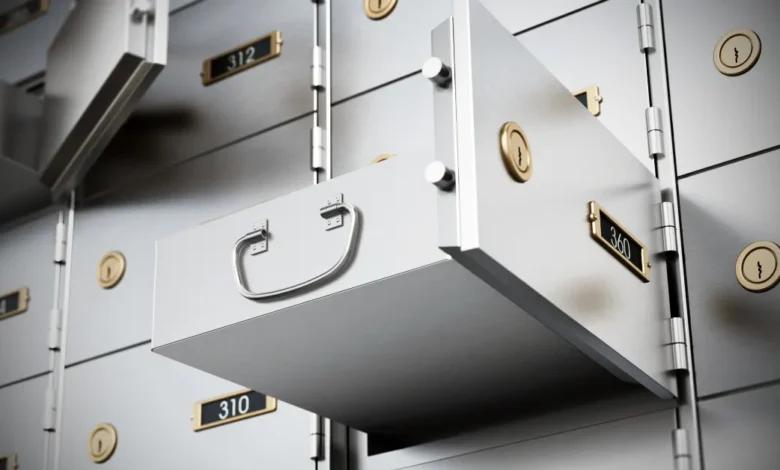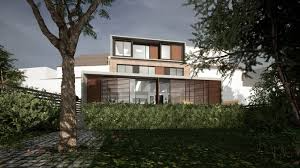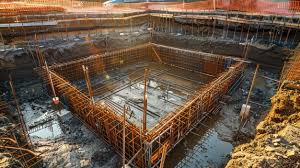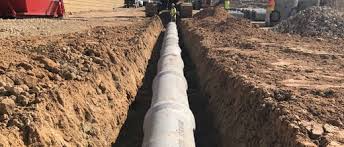Safe and Sound: How to Select the Perfect Safe Deposit Box for Your Needs

In a world dominated by cloud backups and encrypted drives, physical security still holds irreplaceable value. Important legal documents, family heirlooms, and rare collectibles deserve more than a desk drawer or household safe. That’s where a safe deposit box comes in—offering unmatched protection against loss, theft, and disaster. As banks often no longer offer safe deposit boxes, consumers must navigate a changing landscape to find suitable alternatives. This guide to choose the right safe deposit box will walk you through the key considerations to ensure your most valuable possessions are secure, accessible, and well-managed.
Why Physical Security Still Matters
Despite the digital age, physical valuables remain vulnerable at home. Fires, floods, and burglaries are unpredictable—and a home safe may not provide sufficient protection. A safe deposit box, on the other hand, is housed in a fortified environment, often with multiple layers of security, including climate control, surveillance, and restricted access protocols. As banks scale back their offerings, independent facilities are filling the gap with high-tech vaults and advanced services. Knowing how to select the right box isn’t just practical—it’s a long-term investment in peace of mind.
How to Begin Your Search
The first step is evaluating what you intend to store. This will help determine the necessary box size and guide your decision between bank-owned and private facilities. Banks often no longer offer safe deposit boxes due to shifting priorities, which has led to the rise of secure storage specialists offering tailored solutions. Determine whether proximity, 24/7 access, or specialized services (like climate control) are essential to your needs. Making a list of priorities will help you narrow down facilities that check every box.
Evaluating Security Standards
Security features should never be assumed. Ask potential providers about their vault infrastructure, monitoring systems, and access controls. The best facilities employ multi-factor authentication, biometric verification, and secure appointment systems. Some even offer client-specific keys or dual-control procedures to ensure no one but you can access your belongings. A smart choice begins with verifying the layers of protection each facility offers. In this context, the guide to choose the right safe deposit box should always start with safety.
Understanding Your Access Rights
Not all safe deposit box providers operate the same way. Some allow access during traditional banking hours, while others offer 24/7 availability via appointment or digital scheduling. You should also ask whether third-party access is permitted—an important consideration for estate planning or shared ownership. These logistical details may seem small but can significantly affect your overall experience and satisfaction with the service.
Comparing Box Sizes and Cost
Safe deposit boxes range in size from compact drawers ideal for documents to large lockers suitable for bullion or collectibles. Choose a size that fits both your current and potential future needs to avoid costly upgrades. Rental fees vary based on box size, location, and the provider’s reputation. While some institutions still offer low fees, private vaults may charge more in exchange for additional services. Always read the fine print to identify hidden costs such as deposit fees, access charges, or late payments.
Why Insurance Coverage Is Crucial
Contrary to popular belief, most facilities—including banks—do not automatically insure the contents of your box. That means you must explore standalone insurance or a policy offered through the facility. If you’re storing high-value items like rare coins, original documents, or precious jewelry, securing adequate insurance is a non-negotiable step. Be sure to document your contents thoroughly, using both photos and an itemized list stored separately from the box itself.
Types of Boxes: Traditional, Business, and Climate-Controlled
Not all boxes are created equal. Traditional safe deposit boxes cater to individual users and small valuables, while commercial clients might prefer oversized storage units for contracts, digital media, or legal archives. Some high-end providers now offer climate-controlled options, ideal for protecting vintage artwork, fragile documents, or temperature-sensitive collectibles. Identifying the right type early will help ensure that the box serves its purpose efficiently without compromising the safety of its contents.
Storing and Organizing Items Efficiently
Good organization within your box is essential for quick retrieval and reduced risk of damage. Use labeled pouches for categories like documents, jewelry, or USB drives. Avoid stacking items haphazardly—heavier objects should rest at the bottom, with delicate ones safely padded and accessible. A clear inventory list should be maintained and stored separately, either at home or in a secure cloud account. Thoughtful organization saves time and reinforces your overall protection plan.
Rising Demand Meets Declining Availability
There’s a growing paradox: just as people become more aware of physical security, traditional banks are retreating from the service. With banks often no longer offering safe deposit boxes, the onus is on the consumer to find reputable alternatives. This shift has led to a boom in independent vault companies, some of which specialize in secure gold storage or estate planning. As availability dwindles, early action becomes critical—especially if you live in a high-demand urban area.
Questions to Ask Before Signing a Contract
Before committing to any provider, ask the right questions: What’s the protocol in case of emergency access? Are there co-renter options? How are disputes resolved? What happens if the facility shuts down or relocates? A responsible facility will answer transparently and may even offer walkthroughs of their premises. These questions are a cornerstone of any guide to choose the right safe deposit box, helping you avoid surprises down the road.
Conclusion: Make an Informed, Secure Choice
Choosing the right facility isn’t just about locking away valuables—it’s about protecting what matters most with foresight and precision. As traditional banking evolves and banks often no longer offer safe deposit boxes, finding a trusted alternative becomes essential. From understanding your security needs to evaluating accessibility, cost, and insurance, every step you take brings you closer to a smart, personalized storage solution. Use this guide to choose the right safe deposit box as your roadmap to make a choice that’s not only safe—but truly sound.





